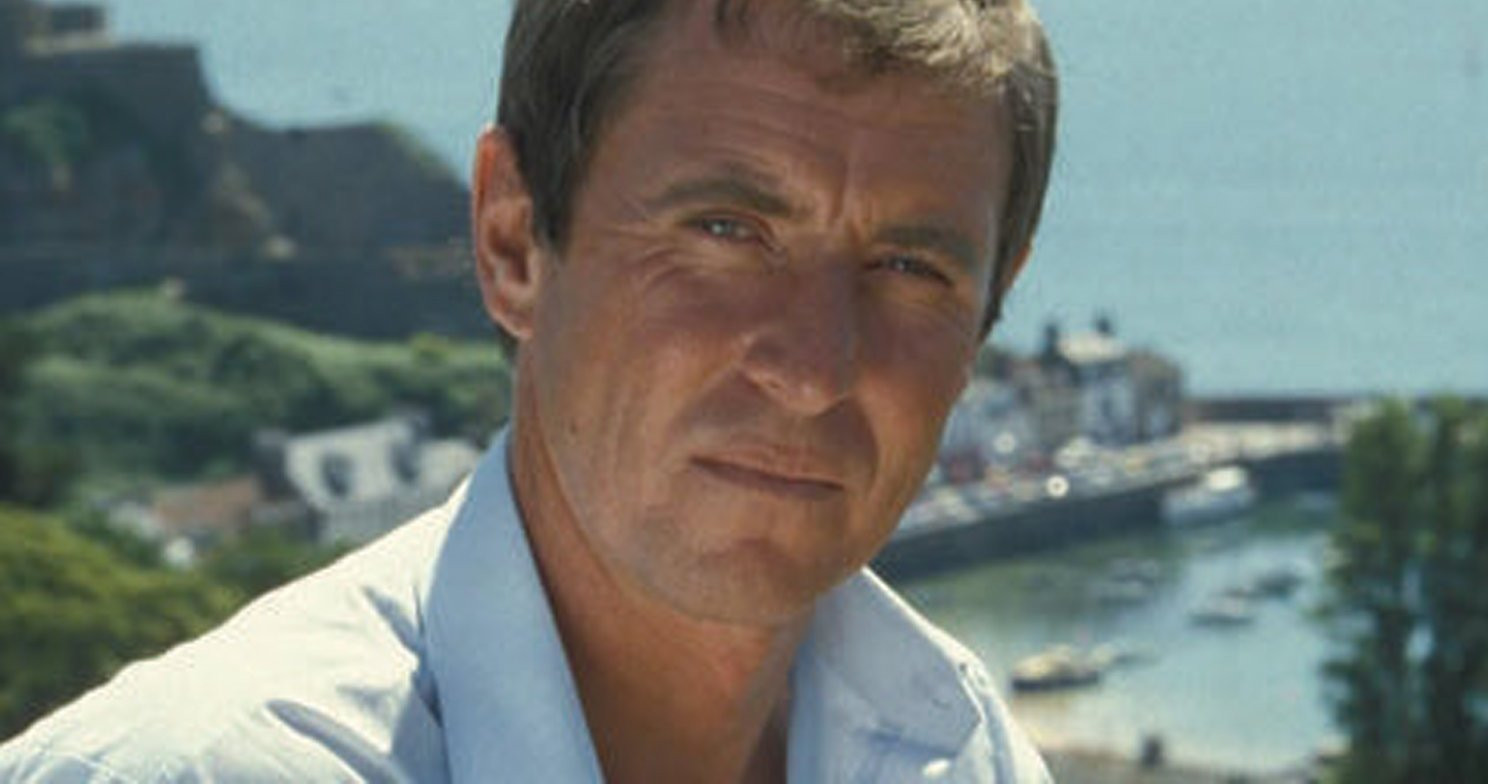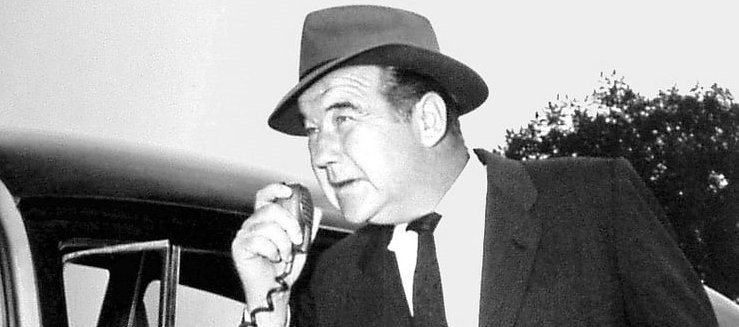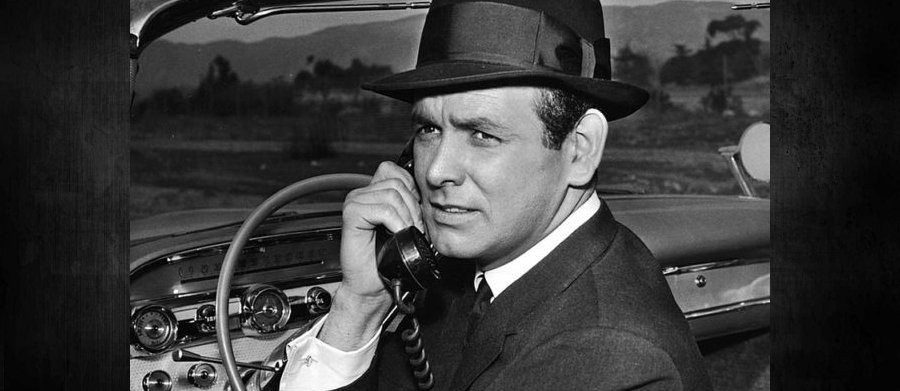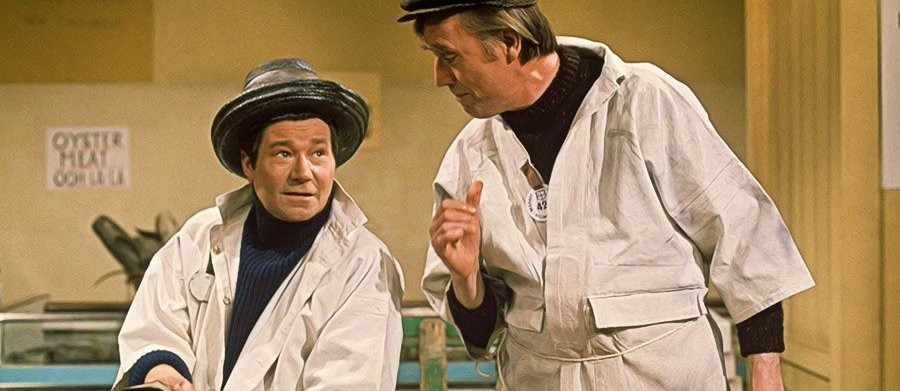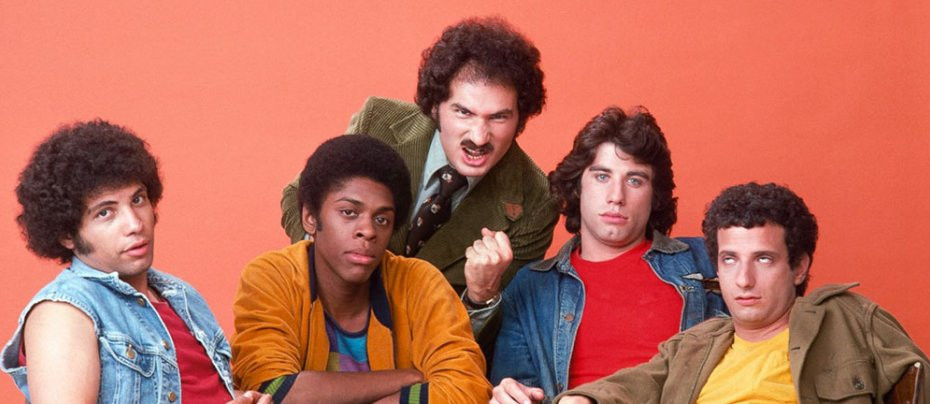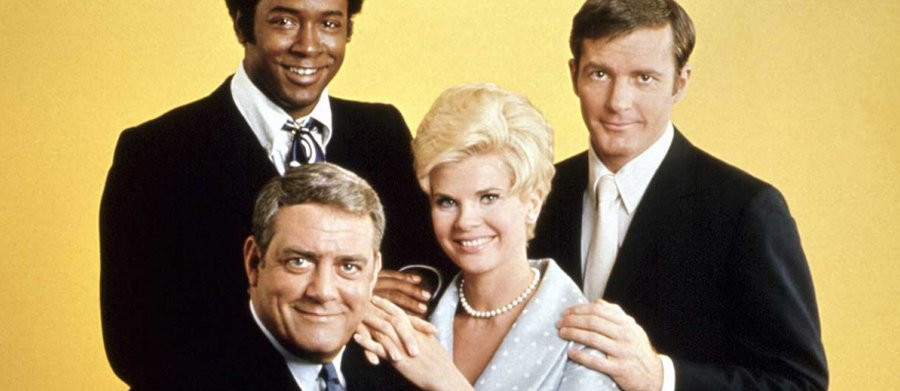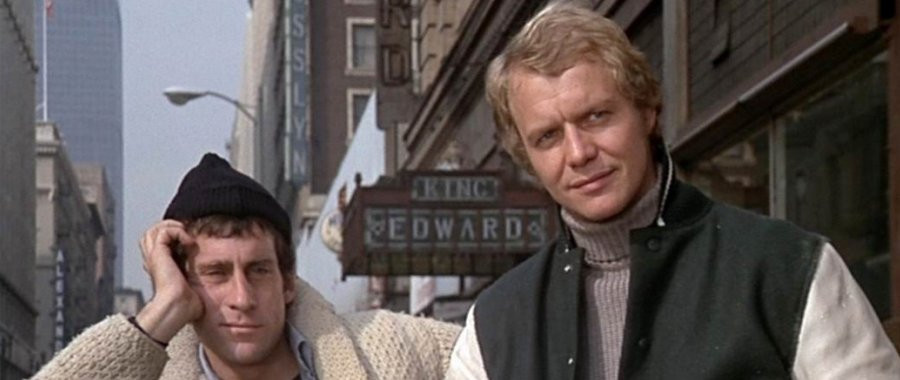
Starsky and Hutch
1975 - United StatesA worldwide smash of seventies cool, gloss, and gun blazing action from the prolifically successful stable of Aaron Spelling, Starsky and Hutch was the epitome of the ratings winning, audience pleasing, mismatched buddy sub-genre of the cop shows beloved by US television producers.
Initially inspired by a brief 1975 newspaper article in the New York Times by Aaron Spelling's production partner, Leonard Goldberg, relating the story of two cops hand-picked by the residents to clean up their crime-ridden area, Goldberg went to writer William Blinn and charged him with developing a series from the basic premise. Blinn set to work and fashioned an idea tentatively titled: Nightwork. Due to the prohibitive cost of night shooting, the idea was reworked and what emerged was the rating busting exploits of two young chalk and cheese undercover cops working the particularly tough beat of the inner-city area of LA.
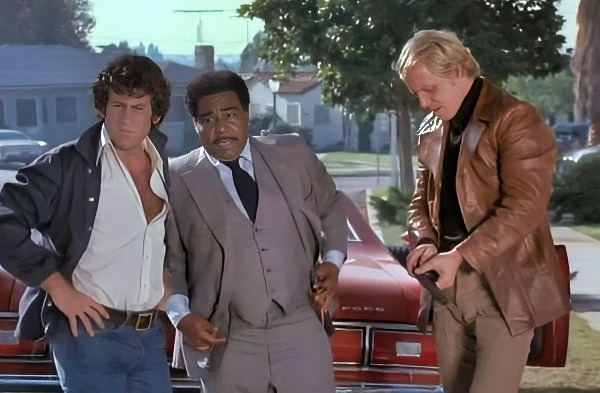
After a prolonged and extensive talent search, the vitally important central roles were given to two young, relatively unknown actors. David Soul (born Solberg) was cast as the fair-haired, softly spoken, sensitive, well read, and yoga-loving Kenneth "Hutch" Hutchinson (Soul had come to the producer's notice due to his quietly menacing performance as a vigilante cop in Clint Eastwood's second big screen outing as Dirty Harry in Magnum Force), while the dark-haired, street-wise and junk food loving persona of Dave Starsky was given substance by Paul Michael Glaser, (who was also helped to the role via the big screen, as Topol's son-in-law in the musical Fiddler On The Roof). Rounding out the regular cast were Bernie Hamilton as Capt. Harold Dobey (played by Richard Ward in the pilot) the duo's long-suffering boss, and as the hip, fly, terminally jive-talkin' full-time bar owner and part-time snitch, Huggy Bear, Antonio Fargas habitually stole the show almost by dint of his outrageous dress sense.
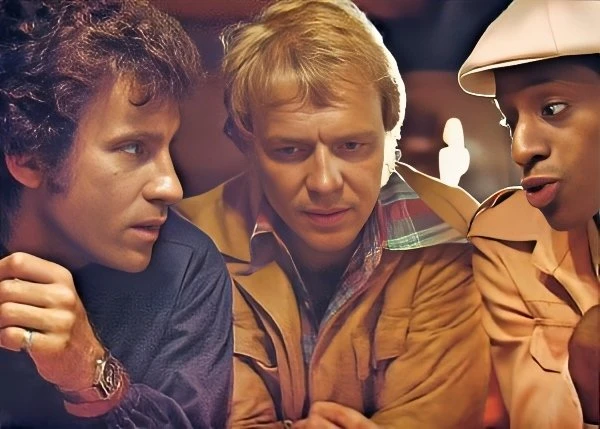
The chemistry between the characters was electric. For the first time, cops weren’t just badge-wearing automatons; they were craggy-cool characters with quirks, vulnerabilities, and a penchant for rule-bending.
Another star of the show that became an instant hit with the viewers was the 1974 limited edition, white go-faster striped, blazing red Torino driven by Starsky and christened "The Striped Tomato". In this, the series boasted the coolest TV car since The Batmobile, despite the fact that it was despised by Glaser who thought it was big, ugly and childish-looking and because the idea that two undercover cops would drive around in a car with such an outlandish appearance seemed ludicrous.
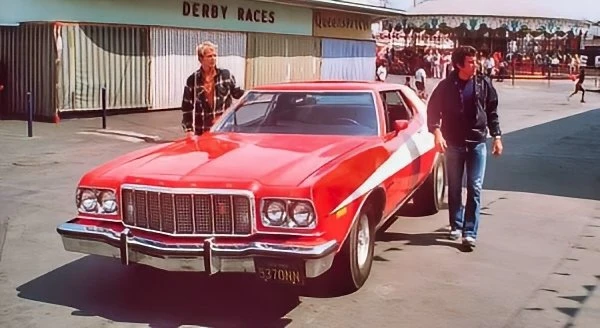
The first season of the show had a dark and ominous theme written by Lalo Schifrin that seemed to fit the hard action and violence of the season, but it was replaced for the second season by a Tom Scott written theme entitled "Gotcha," which most fans of the show remember and prefer. The second-season episode titled 'Long Walk Down a Short Dirt Road' showcased country star Lynn Anderson as a singer who becomes the target of a deranged stalker. The storyline drew inspiration from a real-life incident involving country music legend Dolly Parton. Although the role was initially conceived with Parton in mind, Anderson wound up playing the role.
Under the radio call sign 'Zebra Three', Starsky and Hutch were known for tearing around the streets of fictional Bay City, California. In the UK where the series became an instant hit, police chief Kenneth Oxford complained that the example set by Starsky and Hutch caused his own police officers to "drive like bloody maniacs." As the seasons rolled by and the show's body and bullet count continued to mount, both the stars themselves as well as various pressure groups voiced ever-stronger concerns about the level of violence on display. One episode, 'The Fix', a story about drugs, was refused broadcast by the BBC. In reaction to this, later stories moved away from overt instances of violence to focus on more emotional, relationship slanted issues. Robbed of the excitement and energy generated by the earlier non-stop action, the series lost its way, and the once high viewer interest was lost along with it.
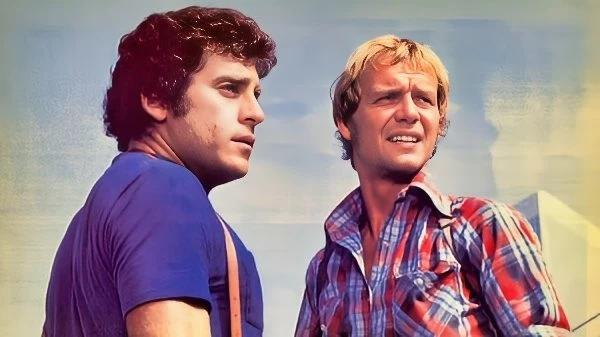
The fourth season was the series' final run and although a fifth season was being planned, increased production costs and Glaser's often publicised desire to leave the series (which he'd been threatening to do since the start of the third season), compounded by lower ratings (finishing 36th in 1978), it was decided to end it. The final episode, ‘Sweet Revenge’ had Starsky fighting for his life after being gunned down. In the original drafts of this episode his injuries proved fatal, but this was vetoed by the network as it was felt that a dead Starsky would disrupt the continuity of syndicated reruns.
A theatrical film was released in 2004. The film stars Ben Stiller as Starsky, Owen Wilson as Hutch and Snoop Dogg as Huggy Bear, as they attempt to stop a drug kingpin played by Vince Vaughn. The film grossed $170 million worldwide against a $60 million production budget.
In February 2023, The Hollywood Reporter reported that a "modern reimagining" of the series was being developed with a female-led cast. The plot will follow two female detectives, Sasha Starsky and Nicole Hutchinson.
In the groovy era of bell-bottoms, disco balls, and funky tunes, Starsky and Hutch emerged as a seminal crime drama that left its tyre marks on the television landscape. Its flaws are forgiven because it dared to be different and it remains a time capsule of 70s coolness.
Seen this show? How do you rate it?
Seen this show? How do you rate it?
Published on April 15th, 2024. Written by Marc Saul for Television Heaven.


